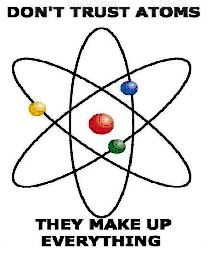Socialism in Post-war Britain
http://money.howstuffworks.com/socialism5.htm
Another example of applied socialism began just after World War II. Great Britain's storied leader during the devastating war, Prime Minister Winston Churchill, shockingly was defeated in re-election by Clement Atlee, a virtual unknown outside of Britain. Atlee was the head of the Labour Party, a democratic socialist party established in 1900, while Churchill was head of the conservative party, also known as the Tory Party. After World War II, much of Britain was fed up with healthcare concerns and labor problems, and many people didn't believe that Churchill's Tory party would effect any change. Atlee's socialist party addressed these issues by nationalizing industry and creating a free healthcare system.
. . .
Although nationalization and free healthcare aimed to help its people, Great Britain began to suffer steep inflation rates -- as high as 24 percent in 1975 -- and high unemployment rates [source: PBS]. Welfare costs were also draining the economy. The period of December 1978 through January 1979 became known as the Winter of Discontent (an expression that originated from Shakespeare's play "Richard III"), thanks to the many members of the public sector who went on strike, including truck drivers, medical personnel and teachers. To the British people, the Labour Party seemed incapable of controlling the strikes that were affecting the public. Due to this strife, the Conservative Party came back into power when Margaret Thatcher was elected the first female prime minister in 1979.
>>>>>
(This is part of a long series of articles on socialism . . . )
(In my opinion it demonstrates that Socialism does not work. Zim.)

Mad Poet Strikes Again.
